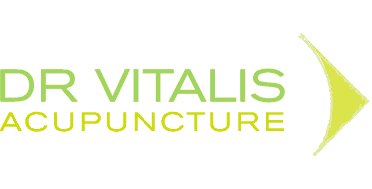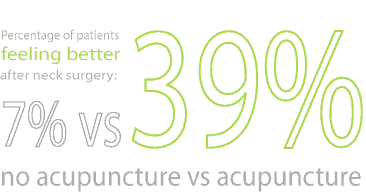Acupuncture under-prescribed in favour of drugs for neck pain
Neck pain is a stubborn, persistent diagnosis, resistant to conventional treatments. Approximately 50%–85% of of individuals never fully recover, with some going on to experience chronic discomfort.
In today’s fast-paced world, our desire for instant gratification frequently extends to pain relief. As a result, we might be overlooking a powerful alternative for treating chronic neck pain – acupuncture. This ancient practice, rooted in traditional Chinese medicine, holds great promise, but recent research suggests it remains woefully underutilised. Likely, your doctor will prescribe you medication to manage it. But long term this prescription may be doing more harm than good.
Recent research out of Duke University and the University of North Carolina has shone a spotlight on this troubling trend. The studies revealed a disturbing reality: doctors are over-prescribing medication for chronic neck pain, often bypassing more effective treatments, such as acupuncture and therapeutic exercise.
Of those surveyed, 56% reached for over-the-counter remedies, 29% used powerful narcotics, and 23% opted for weaker varieties or narcotics.
“Rehabilitation conditioning and acupuncture studies have shown to be effective treatments that were less frequently used by patients with chronic neck pain.” commented Dr Adam Goode, who led the study.
Published in Arthritis Care and Research, the study analysed data from a 2006 telephone survey of 5,357 North Carolina households, focusing on 135 non-institutionalized adults over the age of 21 who had chronic neck pain. The research found that participants received an average of 1.6 diagnostic tests and had seen roughly five different types of healthcare providers, unnecessarily rising the cost of healthcare.
It’s time to take a step back and reevaluate our approach to neck pain treatment. By prioritising therapeutic exercise and acupuncture, we can work towards a future where long-lasting relief from neck pain is not only possible but commonplace.




